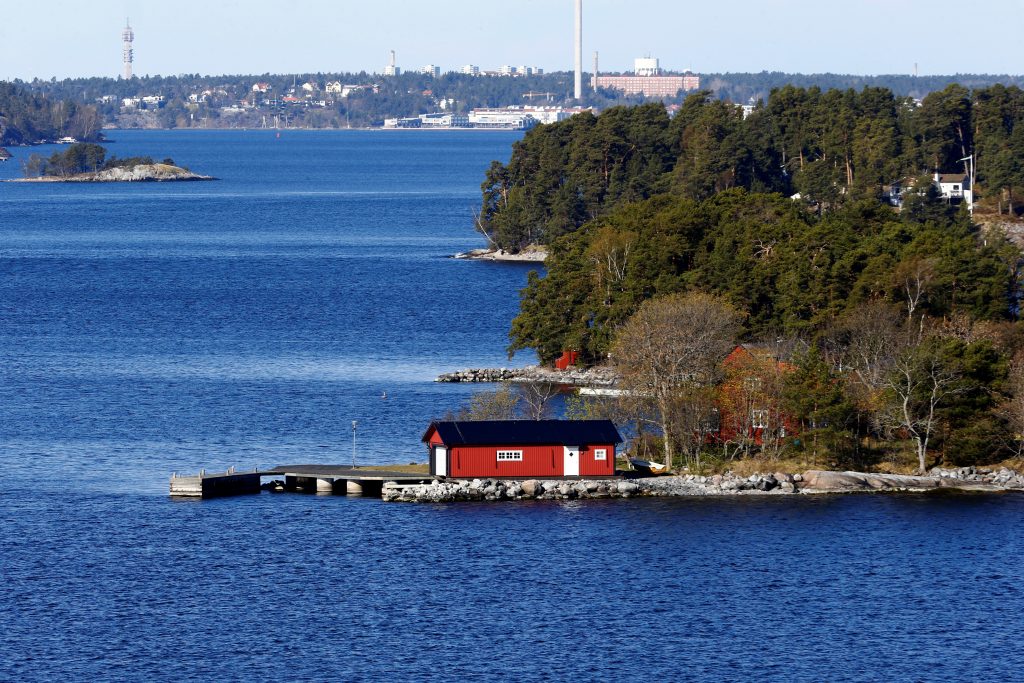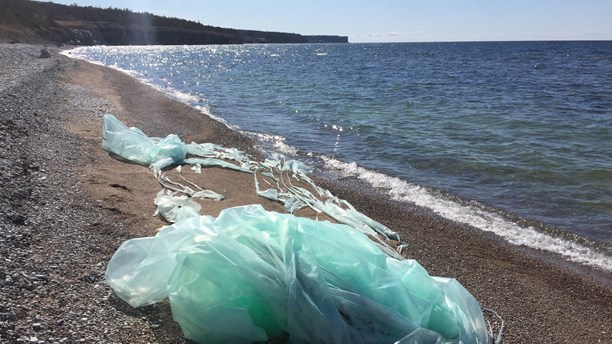Baltic Sea plastic levels puzzle researchers

A Danish-German study has found that the amount of microplastic components has not increased in the Baltic Sea over the last thirty years, despite the production of plastics tripling over the same period, reports Swedish Radio P4 Gotland.
Even the researchers were surprised by the result.
“I assumed there would be an increase because we know that plastic is very long-lasting in nature. But actually what we could see here was that the plastic concentration has actually been constant, it is not accumulating,” professor Torkel Gissel Nielsen from the Technical University of Denmark tells Radio Sweden.
Gaps in knowledge

He cites several possible explanations for this, it could be that the plastic particles have settled at the bottom of the sea, or that the water streams have brought the particles out into the North Sea instead – or that the plastic has been degraded by bacteria.
“There are a lot of potential gaps in our knowledge about how plastic is recycled in the environment that we need to consider in future studies,” says Torkel Gissel Nielsen.
The study is based on analysis of fish and plankton samples collected in southern Baltic Sea over the past 30 years. This is the longest period that has been covered by a study into microplastics in the Baltics.
Related stories from around the North:
Canada: Scientists search Arctic waters for microplastics, Radio Canada International
Finland: Plastic recycling slow to gain ground in Finland, YLE News
Norway: Microplastics found in waters off Svalbard, Alaska Dispatch News
Sweden: Sweden considers higher fees for plastic bags, Radio Sweden
United States: Tackling Alaska’s $100-million plastic pollution problem, Alaska Dispatch News



